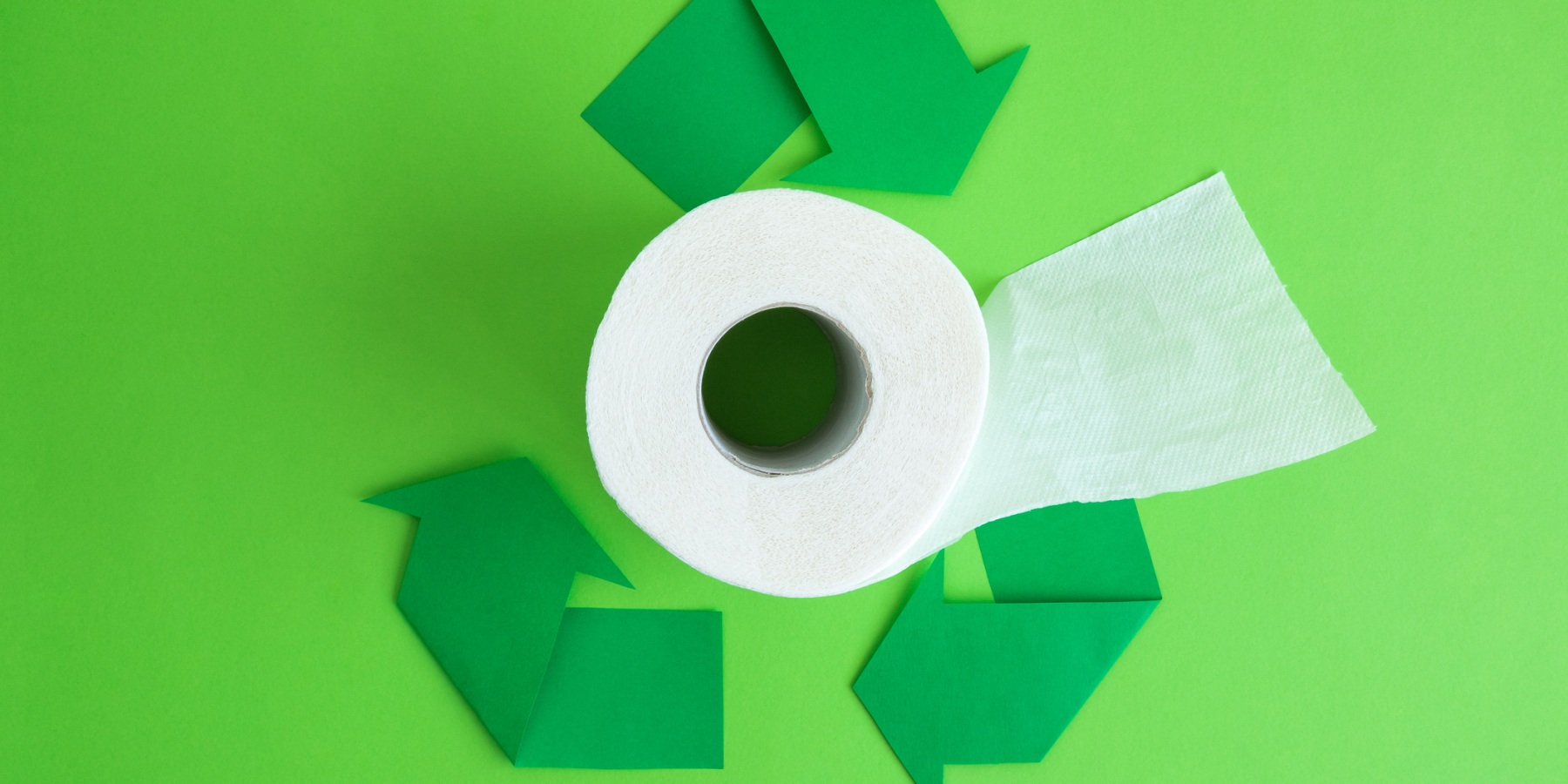
Welcome to the No-Flush Movement!
The Conventional: Indoor plumbing and flush toilets became more common in the 1900s although invented a while before. Older toilets can use 9 or more litres of water per flush while new dual flush versions use 4-6 litres. All this water as well as dirt, soaps, wipes, toilet paper, chemicals etc flow down the drain into the sewage pipes connected to the property. An average person flushes 5 times a day. So imagine how much water this wastes in a household. Now imagine a campsite with hundreds of people a month.
When this sewage makes it to a treatment plant, the amount of energy and money used to clean the wastewater is tremendous. All to be repeated over again as the water cycles back through peoples toilets. The urgency for a sustainable, cheap and environmentally friendly sanitation method is increasing by the years.
No-flush movement
Not only do flushing toilets waste water, they cost money, they can clog, contaminate water systems, cause environmental damage and are less efficient. The answer is simple, to treat human waste just as other organic matter. There is no ‘waste’ in nature. Composting toilets are a great solution for campsites, off grid cabins, tiny houses and places where the water is short supply. They don't need any plumbing or electrics and you can style them as luxurious or basic as you wish. To be less wasteful and contribute to a sustainable life, they are the future for our planet. It can be scary, embarrassing and vulnerable to use a compost toilet for the first time. Will it smell? Can I use toilet paper? How do I dispose of it?
How do compost toilets work?
Compost toilets dry faecal matter efficiently, quickly and reduce down to compost. The moisture is what keeps the smell, so by using a diverting compost toilet (separating urine) is the best way. By separating these, it smells even better than a traditional flush toilet. Now this compartment is also reusable as urine is rich in phosphorus, nitrogen and potassium (components that of manufactured fertiliser) and can be put back into the environment. The compost process starts in your toilet and is usually emptied every few weeks and transferred to a compost pile, the compost gets very hot during the process of breakdown waste (up to 170 degrees) and kills all the microorganisms that are bad for the environment. Once the harmful microbes are gone and the compost is finished, you can empty it into your garden, the leftover compost is now a great fertiliser. The healthiest soil for your ground is now made at your campsite at zero cost and labour.
There are many options and customizable compost toilets to fit your needs. Most people create their own toilet. The essentials are a bin for tissue paper, a bucket or hole in the floor and sawdust or wood ash to cover the matter.
The Lavatorial Eco Revolution
“I think that you should really make people understand how stupid it is to poop into clean water.” said Joan Rose a microbiologist at Michigan State University. When it's said like that, it does indeed seem like a weird concept to chuck litres of clean water and arguably the most important resource to us. However over the years a small revolution has taken place in the UK, we see more and more campsites implementing this eco friendly method (you can see in here some of our recommendations for eco campsites, some with compost toilets). V Festival, Camp Bestival, Boomtown and Kendal Calling are among those festivals who also have switched to compost toilets. Most notably Glastonbury festival last year had around 1300 compost toilets at the site with the help of Natural Event.
Questions
If we haven't convinced you yet, here are some common questions you may still have:
Can I throw toilet paper in the compost toilet?
Compost toilets can break down toilet paper however it will make it less efficient. It will considerably slow down the composting process, it might attract unwanted pests, could harbour bacteria and pathogens which might not break down. Not to forget if you used the paper with cleaning chemicals to clean up e.g. pet waste, this will contaminate the compost. The easiest way is to have a small bin to dispose of the toilet paper and empty it to the recycling bin.
Will freezing temperatures damage the toilet?
No, compost toilets work in all climates. It will not damage the toilet, however the compost process may stop during very cold weather and the microorganisms will just wait until the temperature warms up again. An outdoor hot compost bin is compact and insulated, so it will work even in the coldest climate as the breaking down process creates a lot of heat, keeping the process going.
Will there be insects, flies and worms in my toilet?
If you are consistent in covering your waste in woodshavings, this dries up the matter in the toilet and flies will not be attracted to it. This is also why separating urine is also a big plus. Making sure you close the toilet lid will also create a barrier for flies to enter. The composting process in your toilet won't have enough time to be an environment for worms as it will be emptied into your compost heap. Here you may find some worms which is a sign of a healthy soil, they also are great helpers in breaking down the compost.
Will a compost heap attract foxes or rats to my site?
If you stick to the right advice on what to compost, then no. You must know which kitchen scraps you can put in because many might attract scavengers. If you are very worried, you can always use a completely enclosed compost bin rather than a heap or pile.
What if my compost is too wet/dry?
If your compost heap is too wet, try adding some more browns such as cardboard like egg boxes, toilet roll tubes, wood shavings or newspaper. If the moisture is due to weather, try covering the heap with a tarpaulin. If your compost heap is too dry, make a well in the middle and try adding compostable moistures such as gone off fruit juice, waste water from boiling veggies, or just add a bucket of water every now and then. Turn the heap to ensure it's distributed. Add shading if it's the heat and sun that is drying it out.
Will my compost pile smell?
If it smells, there is a sign something is wrong. It should not have a stinky smell. Have you added something you shouldn't like meat scraps or an animal has been adding its own waste without you knowing? If it smells it might also be a sign the pile is too wet, which might smell stagnant. In this case add more browns to soak the moisture.
Experiences:
Related Experiences
Toilets Experiences
Find exciting toilets activities and experiences. Perfect for adventure seekers and families.

